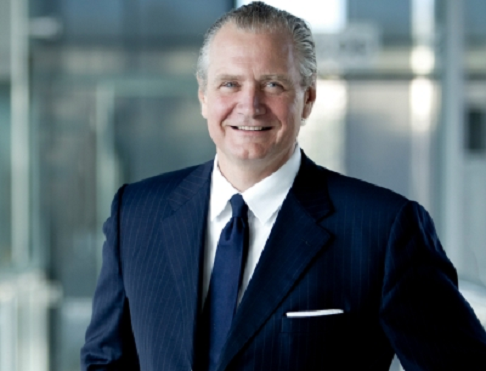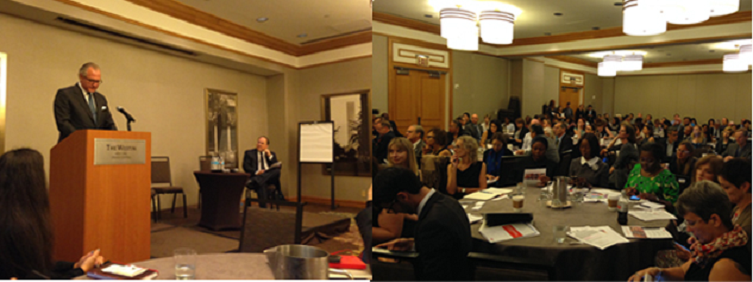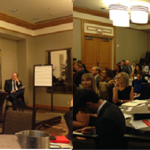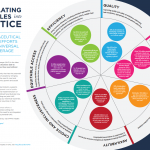
Dr. Stefan Oschmann
Vice Chairman and Deputy Chief Executive Officer, Merck KGaA, Darmstadt, Germany, and President, IFPMA
Stefan Oschmann, born on July 25, 1957 in Würzburg, Germany, has been Vice Chairman of the Executive Board and Deputy CEO of Merck since January 2015. Prior to this he was responsible for Merck’s Pharma business as Member of the Executive Board from 2011 to 2014.
Before joining Merck, Stefan Oschmann worked for the Pharma company MSD. There he served most recently as President of Emerging Markets. His prior positions at MSD included Member of Senior Management and Corporate Officer with responsibility for the business in Europe, the Middle East, Africa and Canada, Senior Vice President in charge of Worldwide Human Health Marketing, as well as Vice President of Europe and the German business. Before that, Stefan Oschmann held various positions in Belgium, the Netherlands, Austria and eastern Europe.
Prior to joining MSD, Stefan Oschmann worked for the International Atomic Energy Agency IAEA from 1985 bis 1987 and for the German Animal Health Federation (BfT) from 1987 to 1989, a member association of the German Chemical Industry Association (VCI).
Stefan Oschmann studied veterinary medicine at Ludwig-Maximilians-Universität in Munich from 1977 to 1982 and earned a doctorate there in 1985. He is married and has two children.
24th Sep 2015
11:30 to 13:30 UTC+01:00
The Westin Grand Central, 212 East 42nd Street New York, NY 10017

Related Links
http://www.ifpma.org/events-2/accelerating-adoption-of-universal-health-coverage-in-the-post-2015-era-the-role-of-the-private-sector/
Read More
Statements
The Sustainable Development Goals (SDGs) mark the start of the widest ever concerted global effort to transform our world ...
Read More












